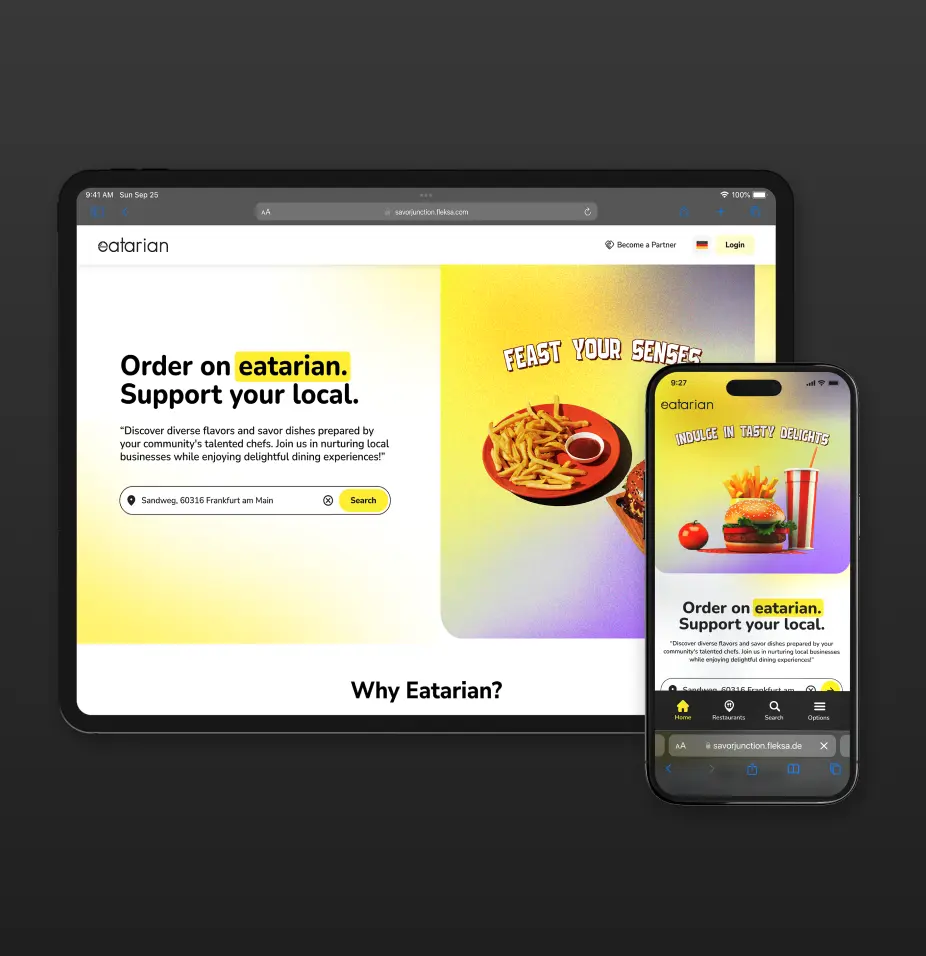In recent years, the food delivery industry has seen a significant increase in consolidation, with larger companies acquiring smaller ones in an effort to expand their market share and gain a competitive advantage. One such example is the merger between Lieferando and Lieferheld, two of the largest online food delivery companies in Germany. This merger has raised concerns about the potential effects of consolidation on competition in the industry and the implications for consumers.
Lieferando & Lieferheld’s Operations in Germany
Lieferando and Lieferheld were both founded in 2011 and quickly established themselves as leading players in the German food delivery market. Lieferando is a part of Takeaway.com, a Dutch company which is active in various European countries, while Lieferheld is a subsidiary of Foodpanda, a global online food delivery company. Both companies have a strong presence in the German market, with Lieferando operating in over 100 cities and Lieferheld in over 50.
The merger between Lieferando and Lieferheld was announced in December 2018, and was completed in January 2019. The merger created a dominant player in the German food delivery market, with a market share of around 40%. This has raised concerns about the potential effects of consolidation on competition in the industry and the implications for consumers.
Reasons of Lieferando & Lieferheld Merger
One of the main concerns about consolidation in the food delivery industry is the potential for reduced competition. A dominant player in the market may have the ability to raise prices and reduce the quality of services offered to consumers. This could lead to a lack of innovation and a decrease in the overall level of service provided to customers. Additionally, a dominant player in the market may have the ability to squeeze out smaller competitors, leading to a lack of diversity and choice for consumers.
However, it is also possible that the merger could lead to increased efficiency and better service for consumers. The merger could allow for the sharing of resources and the creation of economies of scale, resulting in lower costs for the company and potentially lower prices for consumers. Additionally, the merger could lead to the development of new and improved services, such as a wider range of restaurants and faster delivery times.
The merger between Lieferando and Lieferheld has not yet led to significant changes in pricing or service quality. However, it is important to note that the merger is still relatively recent, and it may take some time before the full effects of consolidation are apparent. Additionally, the food delivery industry is highly competitive, and the merger may lead to increased competition from other companies as they attempt to gain market share.
Effects of the Consolidation
In conclusion, the merger between Lieferando and Lieferheld has raised concerns about the potential effects of consolidation on competition in the food delivery industry and the implications for consumers. While it is possible that the merger could lead to reduced competition and higher prices for consumers, it is also possible that it could lead to increased efficiency and better service. The full effects of the merger will likely take time to become apparent, and it will be important to continue monitoring the market to ensure that competition and consumer welfare are protected. It’s also worth mentioning that there are also regulatory authorities that are responsible for keeping a check on such mergers and acquisitions to make sure that they don’t harm the competition in the market.
Uber Eats and Wolt: Entrants with Disruptive Potential
The entry of Uber Eats and Wolt into the German food delivery market has the potential to disrupt the current monopoly held by Lieferando-Lieferheld merger. These companies are known for their innovative business models and use of technology, which could lead to increased competition in the market.
Uber Eats, a subsidiary of ride-hailing giant Uber, entered the German market in 2021 and quickly established itself as a major player in the food delivery industry. The company’s use of its existing transportation network and technology has allowed it to offer a wide range of restaurants and fast delivery times to customers.
Similarly, Wolt, a Finnish food delivery company, entered the German market in 2020, and has quickly grown in popularity due to its user-friendly app and wide range of restaurants. The company’s use of technology, such as real-time tracking and pre-ordering, has also helped it to differentiate itself from traditional food delivery companies.
The entry of these companies into the German market has the potential to increase competition and reduce the market share held by Lieferando-Lieferheld merger. This could lead to reduced prices and improved service for consumers. Additionally, Uber Eats and Wolt’s use of technology could also lead to increased innovation in the food delivery industry, with other companies being forced to adapt and improve their own services in order to compete.
Conclusion
However, it is important to note that the food delivery market is highly competitive, and the entry of these companies may not lead to the end of monopoly. Lieferando-Lieferheld merger has established a strong presence in the market and has significant resources at its disposal. The company may be able to respond to the competition by adapting its own business model or by acquiring smaller competitors.
In conclusion, the entry of Uber Eats and Wolt into the German food delivery market has the potential to disrupt the current monopoly held by Lieferando-Lieferheld merger. These companies bring new business models and technologies that could lead to increased competition, reduced prices, and improved service for consumers. However, the market is highly competitive, and it remains to be seen whether these companies will be able to overcome the established player or not.








